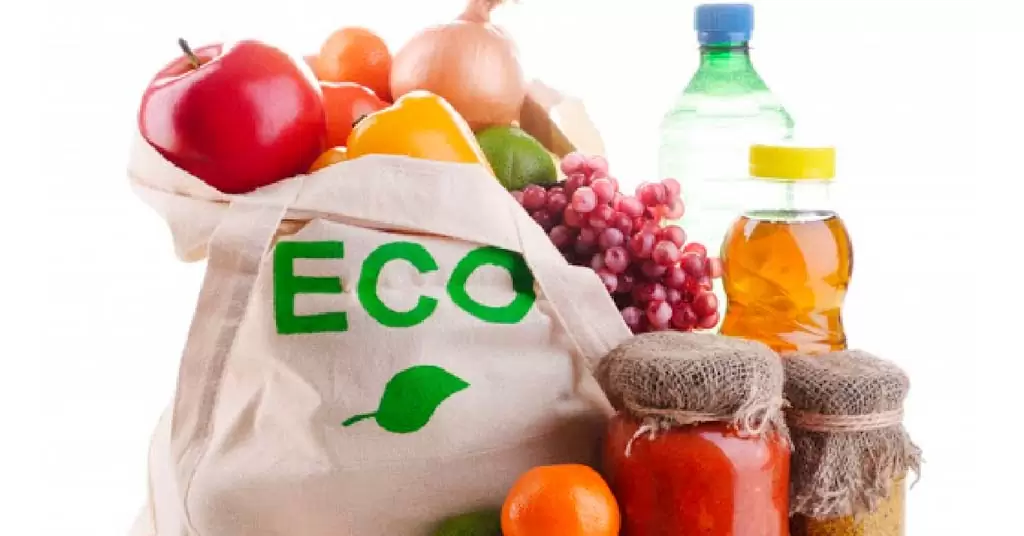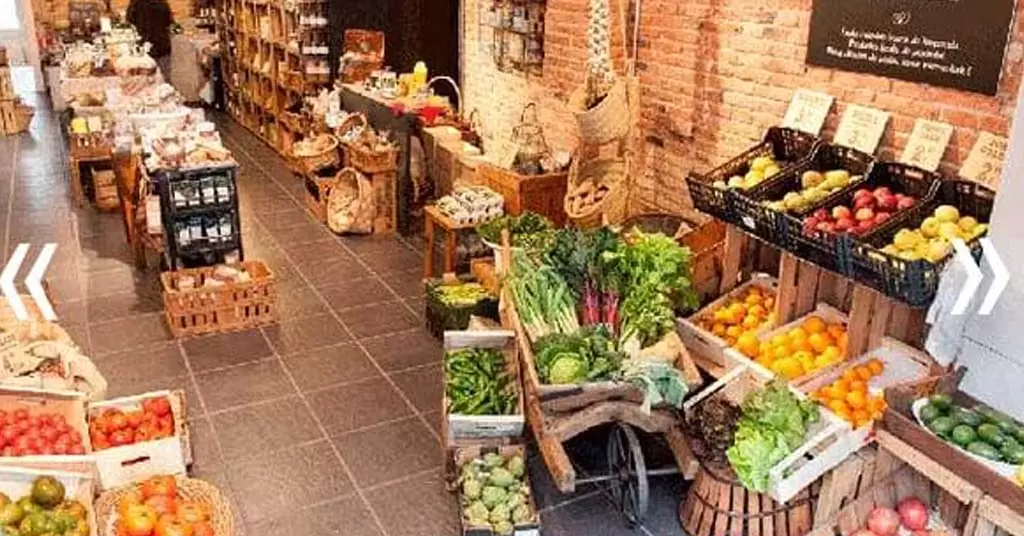There is a growing interest in environmental care in the catering industry. This is a very necessary practice if we want the planet to remain in good condition and the next generation to have a better quality of life.
But what many people don’t know is that there are several myths within food ecology that need to be revised. And that is exactly what we want to do through this post, clarify those beliefs that are not so true and that possibly always make you doubt.
So get ready to know 5 ecological myths that will leave you and your restaurant team open-mouthed.
Table of Contents
Green myths: What are they?
These are environmental legends or beliefs about environmental activities that do not necessarily have a rational basis. In other words, myths can be erroneous beliefs related to this topic.
The catering sector has been interested in adopting green policies in recent years. However, it is first necessary to know what is true about what we consider green and what is not
This is because it is the best way to ensure a correct adaptation, where there is no room for mistakes that competitors can exploit
5 myths and facts about organic consumption
There are still many myths about organic products and in the following lines we will try to clear up 5 of them.
1. Organic” products are free of chemicals and pesticides
Let’s start by talking about the myth that eco-labelled products are free of chemicals and pesticides. This is a misconception held by many people, and let’s put it to rest once and for all.

The reality is that organic products do use pesticides. In fact, they are necessary to ensure that the raw material arrives healthy and in perfect condition to the sustainable companies belonging to the gastronomic sector
However, the difference is that the pesticides used in organic production have natural components. This means that they do not contain any harmful chemicals in their composition and are intended for specific pests
2. Organic products are more expensive
yes, indeed, products labelled “eco”, “organic” or “natural ” tend to be more expensive. This is due to the complex production process they must undergo to meet ecological standards.

However, it is a price that is paid only because of the high consumer demand for organic products today. In other words, there will always be customers looking only for organic products.
Therefore, companies in the catering sector should not be afraid to purchase organic raw materials. Even if this means a slight price increase in menu items, as the organic trend attracts more customers
3. Organic products are sustainable
Another ecological myth is that all eco-products are sustainable: true or false?
Let’s remember that the principles of environmental sustainability are to ensure the conservation of natural resources and the balance between a species and its surroundings. This means that a product is sustainable only if it complies with these principles
Unfortunately, not all organic products are sustainable. They may be marketed under the label “organic”, but that is of no use if it is an industrialised, mass-produced item.
For example, there are catering businesses that buy “eco” raw materials in order to publicly assume that they are contributing to the conservation of the planet. But this is useless if they do not reduce the negative impact of their operations on the ecosystem
4. Planting thousands of trees is the solution to climate change
Today, many companies in the restaurant industry have taken up the cause of planting thousands of trees to combat the effects of climate change. While not a bad idea, it may not be the solution we need right now

The reality is that climate change is a problem of urgency, i.e. one that we need to solve immediately. But trees take a long time to grow and become carbon dioxide sinks
In fact, peat bogs have been found to store more CO2 than the average tree. They can even become carbon sinks that offer quick results, without having to wait for a reforested forest to fully develop. Another ecological myth.
5. Natural fertilisers are more expensive than chemical fertilisers
The reality is that there are new green fertilisers available to the industry. This is a beneficial aspect for establishments in the catering sector, as they can find discounts from suppliers with “eco” policies.
Natural fertilisers have greater medium and long-term benefits than chemical fertilisers. Especially because they minimise plant diseases and improve soil conditions, thus increasing the volume of production.
It is important for the catering sector to support companies supplying organic products. This is one way to grow the chain of environmentally conscious businesses.
Final thoughts on myths in the organic catering sector
The myths discussed above are a representation of the fact that there are still many misconceptions about eco-labelled products. Ideas that can lead to erroneous operations, if you don’t clear them up in time.
Understanding the reality of these myths will allow you to adopt real green policies in your catering business. Primarily, because as an entrepreneur in such a competitive sector, you can’t risk making false steps. Greenuso ECO products give you a helping hand.
So take care to adopt real green policies, so that every customer who sets foot in your catering business will notice that they are really committing to the cause. Otherwise, you’re just lying to yourself.
Remember that we live in an age where restaurant entrepreneurs are facing more astute and demanding customers. If you attract an important niche because of your environmental policies and it turns out to be false, the consequences will be fatal. So don’t ruin your own reputation in the industry
tell us, have you heard of any of these 5 green myths before?



